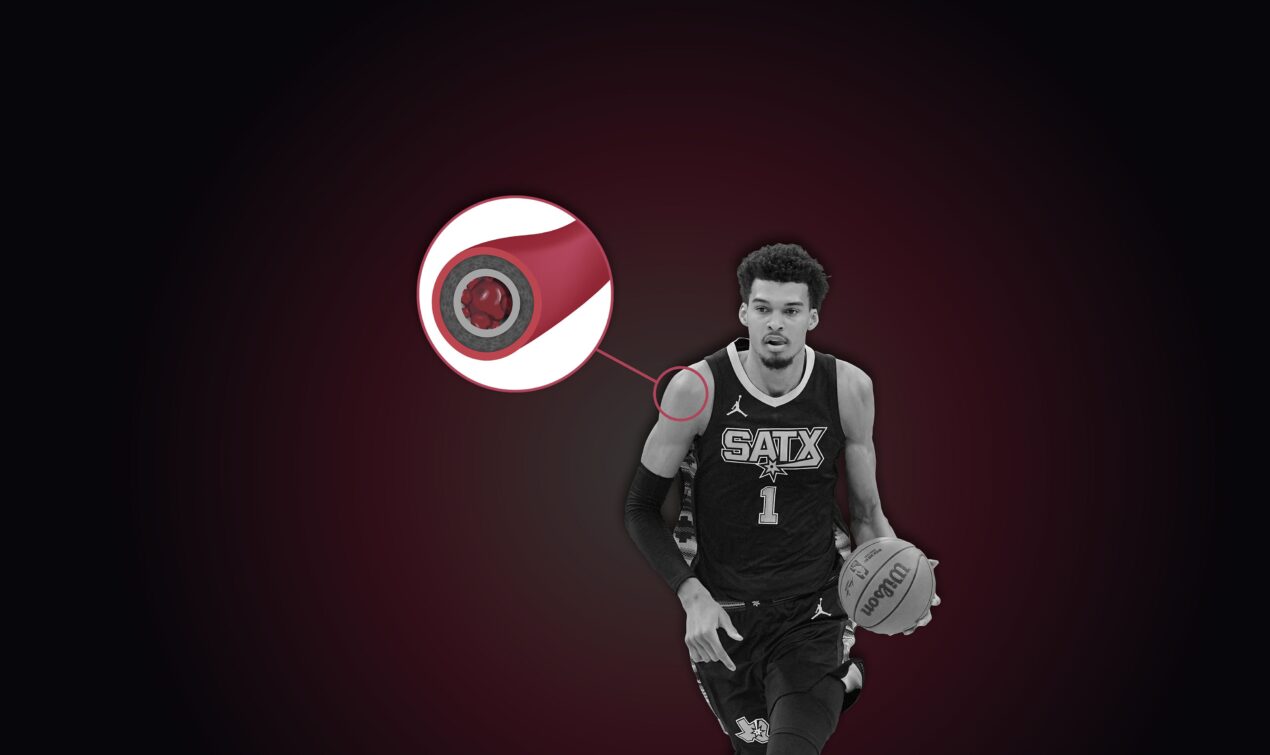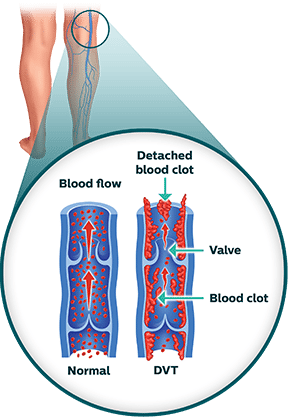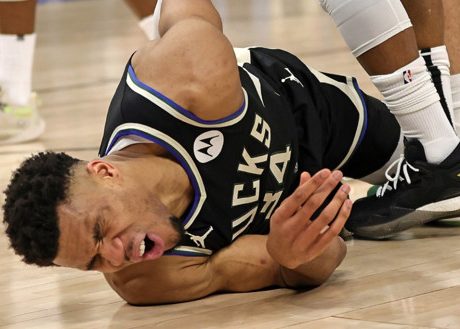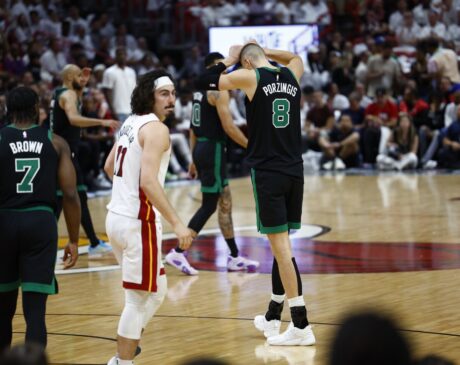The Future of the NBA
The Background/Pre-Illness
Victor Wembanyama, the highly anticipated No. 1 overall pick in the 2023 NBA Draft, has already proven to be a generational talent. Standing at 7’4” with an 8-foot wingspan, Wembanyama’s rare combination of size, skill, and agility has made him one of the most electrifying young stars in the NBA. His rookie season with the San Antonio Spurs showcased his elite shot-blocking, perimeter shooting, and ability to handle the ball like a guard despite his towering frame.
As he transitioned into his sophomore season, Wembanyama took another leap forward. He was putting up All-Star-level numbers, averaging 24.3 points, 11 rebounds, and a league-leading 3.8 blocks per game while delivering highlight-reel performances night after night. His ability to dominate on both ends of the floor made him the cornerstone of the Spurs’ rebuilding efforts. However, just as his talents were reaching new heights, an unexpected and serious health concern forced him to the sidelines.
The Illness
In mid-February 2025, shortly after the NBA All-Star Game, Wembanyama began experiencing unusual fatigue, discomfort, and swelling in his right shoulder. Initially, it was believed to be a minor muscle strain from the physical demands of the season. However, as the symptoms persisted, the Spurs’ medical staff ordered further evaluations.
Tests revealed that Wembanyama had developed a blood clot in his right shoulder, a condition known as deep vein thrombosis (DVT). This diagnosis was shocking, as DVT is more commonly associated with the lower extremities rather than the upper body. The news immediately raised concerns about his health and long-term playing career.
Deep vein thrombosis is a serious and potentially life-threatening condition in which a blood clot forms in a deep vein, restricting blood flow. While DVT in the legs can often be linked to long periods of inactivity, its presence in the shoulder is rarer and typically seen in athletes who engage in repetitive arm movements, such as weightlifting or overhead motions. Given Wembanyama’s intensive training regimen and unique physical structure, it is possible that the repetitive stress placed on his shoulder contributed to the clot’s formation.
One of the biggest dangers of DVT is the risk of the blood clot traveling to the lungs, causing a pulmonary embolism which is a life-threatening emergency that can lead to severe complications or even sudden death. The Spurs’ medical team acted quickly, recognizing the urgency of the situation, and immediately placed Wembanyama on a treatment plan to dissolve the clot and prevent further health risks.
Post-Illness
Upon diagnosis, Wembanyama was ruled out for the remainder of the 2024-25 NBA season to focus on his health and recovery. The primary treatment for DVT involves anticoagulant medications, commonly known as blood thinners, which help prevent new clots from forming and allow the body to naturally break down the existing clot.
The medical team monitored Wembanyama closely, ensuring that he did not engage in any physical activity that could put him at risk of internal bleeding which is a known side effect of anticoagulant therapy. His treatment plan included:
- Blood thinners to reduce the clot and prevent future complications.
- Physical therapy to maintain strength while limiting strain on his shoulder.
- Lifestyle adjustments, including hydration and circulation-focused exercises.
Recovery timelines for DVT in athletes can vary. Some cases resolve within a few months, while others require long-term monitoring to ensure the clot does not return. While the condition itself does not necessarily mean Wembanyama’s career is in danger, blood clots can recur, meaning his medical team must carefully manage his future workload and conditioning.
Wembanyama’s Road to Recovery
While his season has been cut short, doctors are optimistic about Wembanyama making a full recovery. If his treatment goes as planned, he should be able to return to full basketball activities in the summer of 2025, just in time for training camp and the start of the next NBA season. However, the Spurs will likely implement load management strategies, ensuring that his minutes and physical stress levels are carefully regulated.
The biggest question moving forward is how this health scare will impact his long-term durability. Blood clots can often be triggered by underlying factors, so Wembanyama will undergo regular health screenings to ensure that he is not at risk for future complications. His unique physique means that he will require specialized care, but given the advancements in sports medicine, the hope is that he will resume his dominance on the court without limitations. Fans eagerly await his return, hopeful that this setback will only make him more determined to reach his full potential as one of the NBA’s brightest stars.






